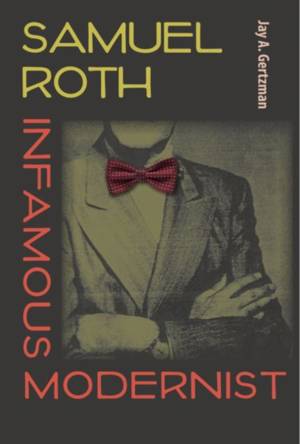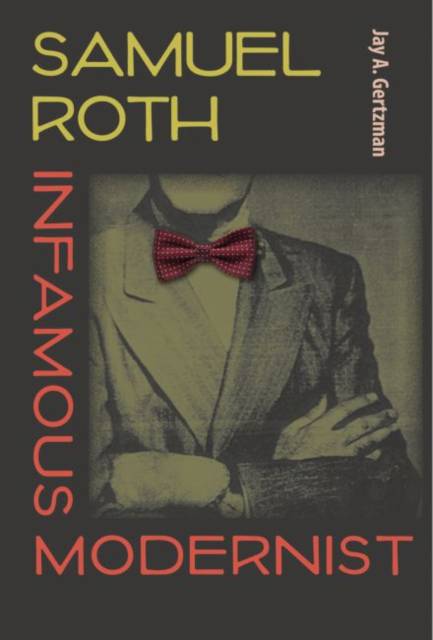
- Afhalen na 1 uur in een winkel met voorraad
- Gratis thuislevering in België vanaf € 30
- Ruim aanbod met 7 miljoen producten
- Afhalen na 1 uur in een winkel met voorraad
- Gratis thuislevering in België vanaf € 30
- Ruim aanbod met 7 miljoen producten
Zoeken
Omschrijving
"The first deeply researched and sustained biographical treatment of a man who has become recognized as a significant figure in American publishing, transatlantic modernism, and the development of obscenity law. Gertzman's wide-ranging knowledge of Roth and the startlingly diverse contexts in which he lived and worked makes this a penetrating and unsurpassed portrait not only of Roth but of the country he inhabited."--Robert Spoo, coeditor of Ezra and Dorothy Pound: Letters in Captivity, 1945-1946 "Gertzman is to be commended for braiding together so many underappreciated strands of twentieth-century literary, legal, and cultural history."--Paul K. Saint-Amour, editor of Modernism and Copyright "Speaks very importantly and convincingly about American-Jewish identity, censorship, modern publishing, and twentieth-century literature. But equally important is the story the book tells about an enigma--the puzzling, contradictory, and often appealing figure of Samuel Roth, whose torturous and fascinating trail Gertzman chronicles with wit and insight."--Mary Dearborn, author of The Happiest Man Alive: A Biography of Henry Miller Samuel Roth was notorious for being a poet, a pornographer, and a pirate. While his own writing reflected the experience of immigrant Jews and he frequently went to prison on obscenity charges, he was mostly known as a bold literary "pirate" for issuing unauthorized editions of modernist sensations, including Ulysses and Lady Chatterley's Lover. In the absence of an international copyright agreement and because works deemed obscene could not be copyrighted, what he did was not illegal. But it did violate the protocols of mutual fair dealing between publishers and authors. Those publications provoked an unprecedented international protest of writers, publishers, and intellectuals who eventually vilified Roth on two continents. Roth was a man with an uncanny ability to recognize good contemporary writing and make it accessible to popular audiences. Ultimately, his dedication to the publication of "indecent" works broke down many of the censorship laws of the time, though he suffered greatly for his efforts. His story portrays a man who struggled with the moral quandaries of literary censorship in the mid-twentieth century, while trying to reconcile the lucrative act of disseminating provocative works and his own Judaism.
Specificaties
Betrokkenen
- Auteur(s):
- Uitgeverij:
Inhoud
- Aantal bladzijden:
- 416
- Taal:
- Engels
Eigenschappen
- Productcode (EAN):
- 9780813044170
- Verschijningsdatum:
- 23/04/2013
- Uitvoering:
- Hardcover
- Formaat:
- Ongenaaid / garenloos gebonden
- Afmetingen:
- 156 mm x 235 mm
- Gewicht:
- 734 g

Alleen bij Standaard Boekhandel
+ 209 punten op je klantenkaart van Standaard Boekhandel
Beoordelingen
We publiceren alleen reviews die voldoen aan de voorwaarden voor reviews. Bekijk onze voorwaarden voor reviews.











